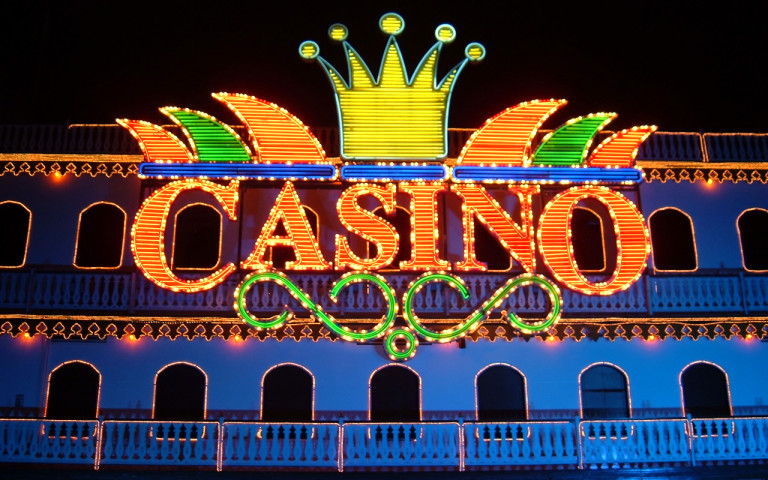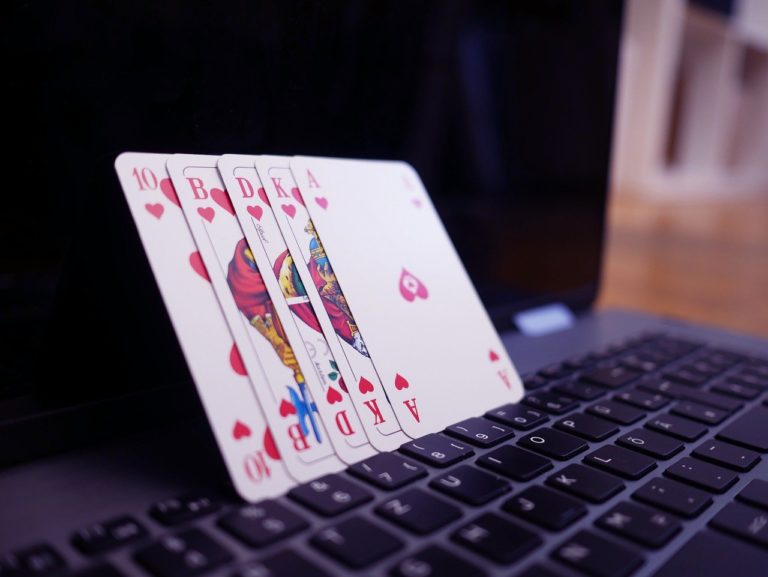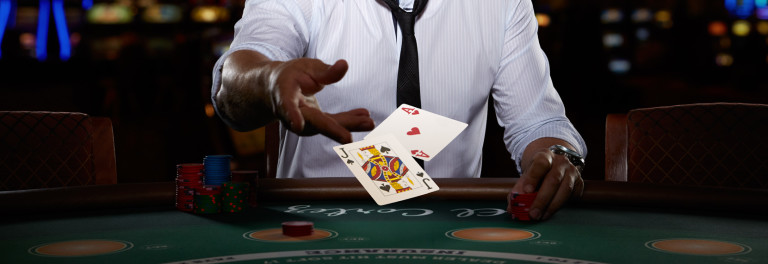Originating in 1970, Scratch cards took the world by storm, featuring in petrol stations, supermarkets and even bars across the globe. A basic premise, each card has a jackpot, along with the possibility of bonus prizes. All the player has to do is scratch off the film that covers the symbols below, and match them with the winning symbol or number. Simple, right?
The appealing nature of scratch cards is their accessibility and low cost for casual gamblers. Where casino games like cards, roulette, blackjack etc. take skill, knowledge and dedication, scratch cards a purely down to luck, but can reap rewards of over seven figures with just a small investment! For example, in 2016, Pub Manager Amadou Gillen bought himself two £10 scratch cards from a newsagents during a 12-hour shift at pub chain Wetherspoons. After winning nothing on the first won, he scratched the second to discovered he’d won himself the UK’s highest ever jackpot of £4,000,000, an eye watering 19999900% return on investment! This kind of payoff is what makes scratch cards so appealing.
Although they are (mostly) purely random, and there’s no real clear cut way to win, a handful of clever players have tried their hand at beating the system over the years. In 2003, Toronto based geological statistician Mohan Srivastava decided in a moment of genius to see if he could apply a system to the seemingly random game. In an interview with tech magazine Wired, he said:
“I started looking at the tic-tac-toe game, and I begin to wonder how they make these things. The tickets are clearly mass-produced, which means there must be some computer program that lays down the numbers. Of course, it would be really nice if the computer could just spit out random digits. But that’s not possible, since the lottery corporation needs to control the number of winning tickets. The game can’t be truly random. Instead, it has to generate the illusion of randomness while actually being carefully determined.”
Using his new system, he successfully found winners in 19 out of 20 games, having figured out the relation between the numbers on the card and the symbols beneath them. He considered ditching his job, but realized it would yield only $600 a day, less than his salary (lucky for some), so he alerted the Ontario Lottery and Gaming Corporation. Surprisingly enough, the very next day the game was cancelled due to a design flaw. So if you find yourself struggling to win a little more recently, now you know why!
Let us know if you’ve ever been on a winning streak when it comes to scratch cards, and what your biggest win has been? Have you ever won a life changing amount on a scratch card? Be sure to let us know! Share it with your friends and see if it helps them win big!
Article provided by Paddy Power Games













